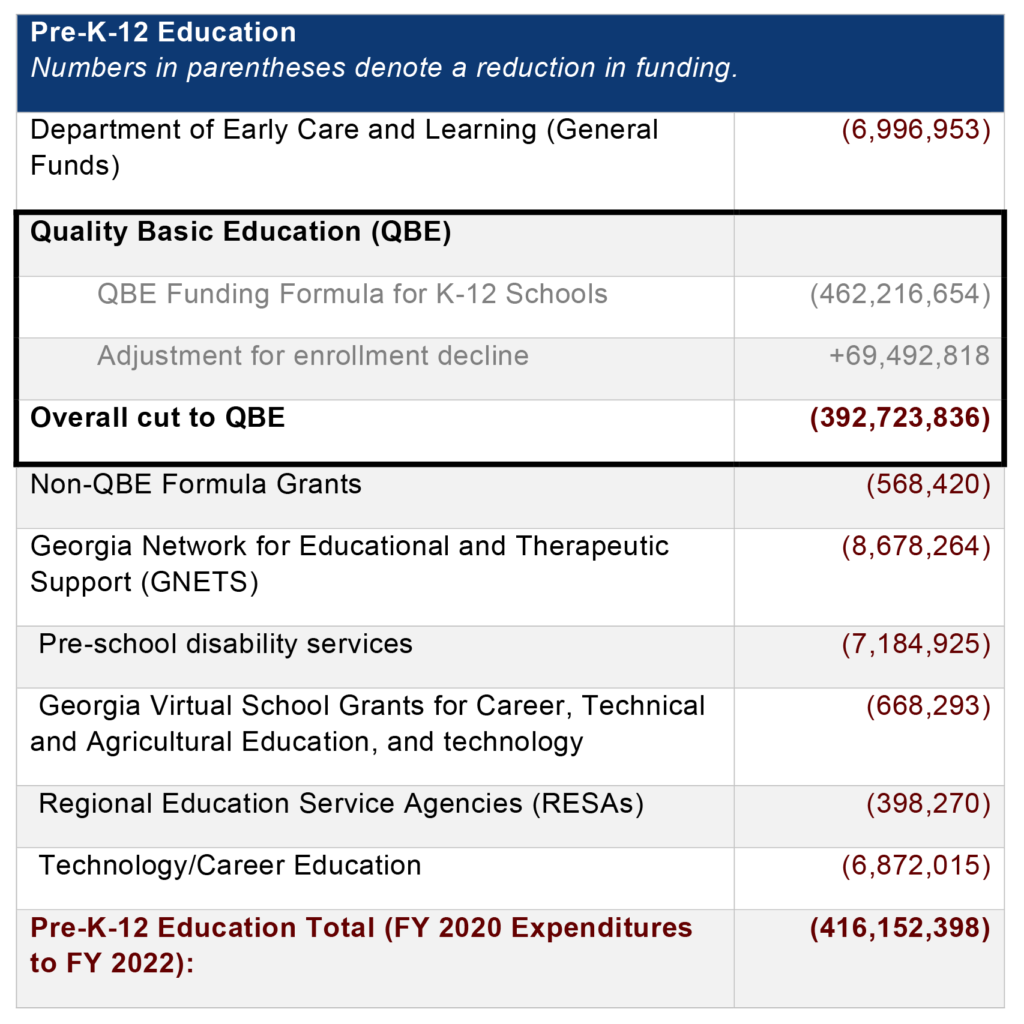

Republicans are pushing for a greater increase for defense spending than was proposed in the President’s budget request, which would leave fewer funds for non-defense programs.
#Us budget 2022 passed how to#
With a topline number agreed to, lawmakers will now need to decide how to split the funding up between defense and non-defense programs, known as “302(a)” allocations. Last week, lead negotiators announced they had reached a deal on overall funding levels, agreeing that the FY23 budget would provide approximately $1.65 trillion in federal spending – a 9% increase from FY22 that more or less aligns with the President’s FY23 budget request. House Minority Leader Kevin McCarthy (R-CA) has already pledged not to support an omnibus spending package. These provisions are also included in the bipartisan “Affordable Housing Credit Improvement Act.”īudget negotiations are being led largely by party and appropriations leaders, including Senate Majority Leader Chuck Schumer (D-NY), Senate Appropriations Committee Chair Patrick Leahy (D-VT), Senate Minority Leader Mitch McConnell (R-KY), Senate Appropriations Committee Ranking Member Richard Shelby (R-AL), House Speaker Nancy Pelosi (D-CA), and House Appropriations Committee Chair Rosa DeLauro (D-CT). Designate tribal and rural communities as “Difficult to Develop Areas (DDAs)” to make them automatically eligible for a 30% basis boost and make it more financially feasible for developers to build affordable homes in these communities.

Set aside 8% of tax credits to help offset the cost to build ELI developments where at least 20% of units are reserved for households with extremely low incomes or those experiencing homelessness.This provision is included in the bipartisan “Affordable Housing Credit Improvement Act.” Expand the ELI basis boost to 50% for housing developments when at least 20% of units are set aside for households with extremely low incomes or people experiencing homelessness.NLIHC is urging Congress to include the following LIHTC reforms in any tax extenders package: While an important resource, LIHTC on its own is generally insufficient to support the construction and preservation of homes affordable to households with the lowest incomes. LIHTC is the primary funding source for financing the construction and preservation of affordable housing. $300 million for the competitive tribal housing program, targeted to tribes with the greatest needs.Īdvocates should also contact their members of Congress and urge them to use the end-of-year tax extenders legislation to expand and reform the Low-Income Housing Tax Credit (LIHTC) to better serve extremely low-income (ELI) households.$100 million for legal assistance to prevent evictions.

#Us budget 2022 passed full#


 0 kommentar(er)
0 kommentar(er)
